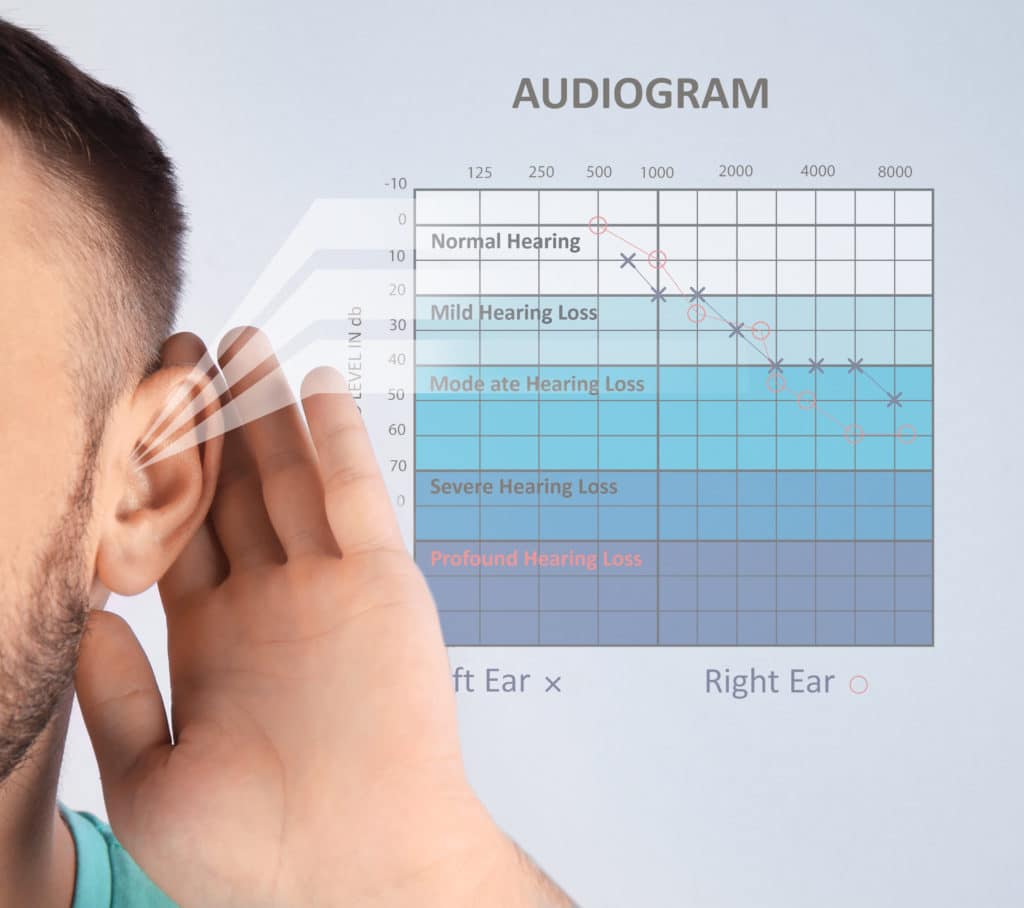Industrial Audiology in Salem
Safe Hearing in The Work Place
Hearing Conservation Service in Salem, OR
Noise exposure is one of the most prevalent occupational health issues today. Hazardous levels of noise exposure occur to approximately 30 million workers on the job each year. Exposure to high levels of noise, causing a loss of hearing, may lead to other harmful health effects as well.
Salem Audiology Clinic offers industrial audiometric testing for a variety of industries. We offer Salem and surrounding area employers OSHA-compliant hearing testing and reporting, for employees that are required to participate in an OSHA-approved Conservation Hearing Program.

Industrial Baseline Audiometric Testing
Audiometric testing monitors an employee’s hearing throughout their employment. It provides opportunities for employers to educate their employees on the importance of protecting their hearing while on the job. A baseline-audiogramestablishes a reference point for future audiometric tests. Making it possible to determine if the employee joining the organization has a prior mild, moderate, or even severe hearing loss.
OSHA requires an employer to provide a baseline within six-months of any employee’s first exposure at or above an action level of 85 DBA for a period of 8 hours.
The Annual Audiogram
Once the baseline audiogram has been established, and on file, the employees move into an annual cycle of hearing testing. These results are then compared against the baseline audiogram to determine any ear-specific changes in hearing thresholds. The employer must take the appropriate measures if there is a detection in loss of hearing—these changes recorded as a Standard Threshold Shift (STS). Retesting is recommended for confirmation of the shift (only if the professional thinks the test results are not reliable).

On-Site Education
Our highly trained Audiologists can detect possible indications of early hearing loss as well as provide on-site training for employees. If a potential hearing problem is detected, we can refer the employee for further testing at any of our three locations. .
Primary education and training curriculum for businesses may include how to fit and wear hearing protection equipment properly. Also, make sure to use the correct types of hearing protection based on the situation.
For instance, earplugs or earmuffs both reduce the loudness of sounds. However, earplugs work better for combating low-frequency noises, while earmuffs allow better protection against high-frequency noise.
For more information or to schedule a time to speak with an audiologist about having your company set up with baseline testing, call or email us today!
